Despite the fact that the Region of Valencia has recorded a considerable drop in the clementine production, a good season is still expected for the Clemenules, the variety par excellence in the province of Castellon, in which companies such as Naturama Bio are specialized.
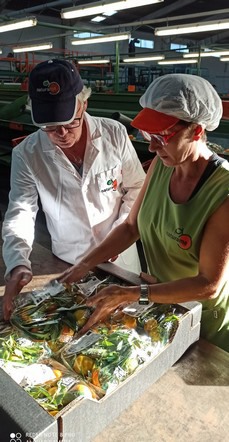
"We work exclusively with organic citrus, and in our area there is a greater volume of Clemenules than we initially expected," said Marcos Marzo, manager of the firm. "At the beginning of the season, Clementine prices have generally been very high and the demand has remained constant. The supply of the early varieties, such as the Clemenrubí or Orogrós, will finish soon and we are already starting with some Esbal, Mioro and Clemenules. We expect that when more Clemenules type varieties arrive, prices will become more competitive than what we are seeing now; however, they will remain at a good level," he says.
In fact, according to data from the Ministry of Agriculture, Fisheries and Food, the prices of clementines have again reached the highest levels of the last 10 campaigns (above those of the previous year, when they were already consistently exceeding the prices of the last decade). This doesn't apply only to clementines, but also to satsumas and, more notably, to oranges.
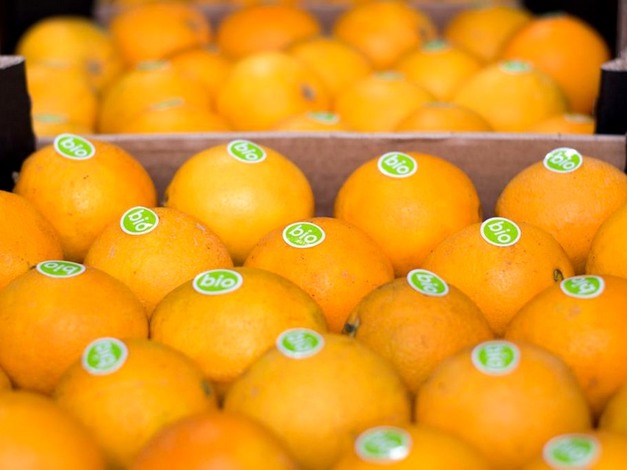
"In this regard, while clementine consumption is steady and stable, in the case of oranges we don't know to what extent it will be possible to pass the price on to supermarkets."
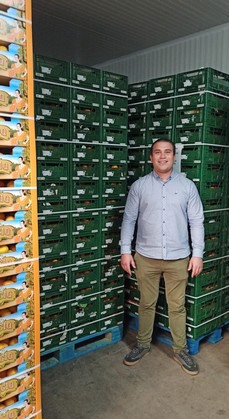
"We are hoping to be able to do that for the sake of the producers, as there is a lower production and the higher prices could make up for the drop in volumes. Right now, in the Seville area, the harvest is progressing very quickly and we hear they are asking for up to 50, 60, and even 70 cents per kilo in the field or on the truck."
"As a result of this, organic and conventional citrus prices are almost at the same level, which is something that had not happened in many years. The organic has always had a very stable market in terms of both prices and sales, but in the last two years, the prices of the conventional have been getting so close to those of the organic, and production costs have risen so much, that we have heard of producers deciding to grow conventionally in their fields, because they are getting the same profitability."
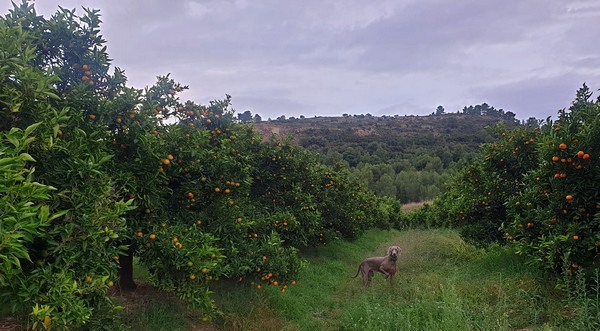
Organic food consumption has experienced a boom in recent years, along with an overall increase in the supply in the market, but there is currently a high inflation worldwide, and many consumers who used to buy organic have been forced to switch to conventional products because of a more limited purchasing power, says Marcos. "This has been more noticeable in the organic sector, where prices have always been a little higher, but it is also being felt in the conventional sector now that products have become more expensive. However, at Naturama Bio we have been working with organic citrus for 20 years, with loyal customers who have been relying on us for many years, and we will continue to bet on organic farming, which brings so many benefits to the environment and to consumers."
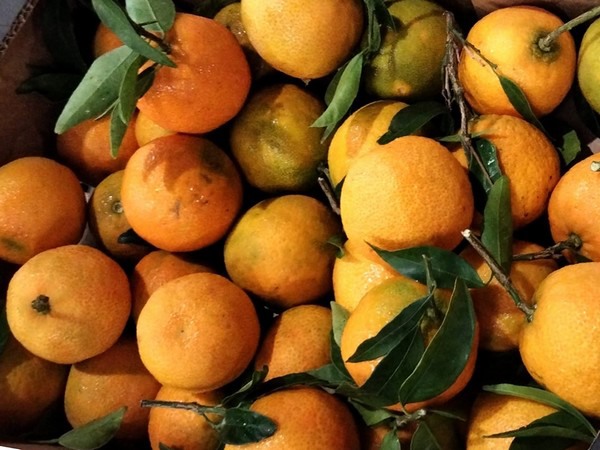
"One of our specialties is the organic clementine with leaf, a segment that remains very much unknown, but which accounts for a large part of the organic citrus we produce. There is a great demand for it in Europe, especially in France, Germany and Denmark, but also in Canada and the United Arab Emirates."
"In total, SAT Naturama Bio handles more than 3 million kilos of organic citrus of their own production, plus more than 1.6 million kilos from associated growers," says Marcos.
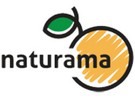 For more information:
For more information:
SAT Naturama Bio
Ctra. N-340a km 970,1
12550 Almazora, Castellon. Spain
sat@naturamabio.es
